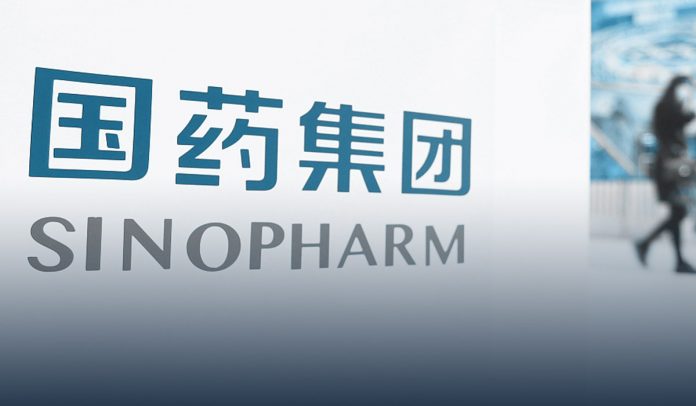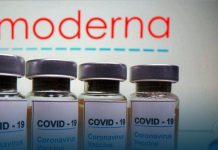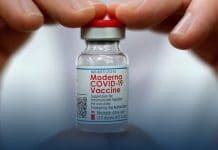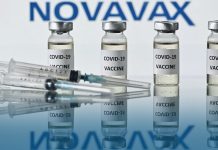Human trials of the Chinese COVID-19 vaccine developed by China’s Sinopharm in the UAE produced 86% efficacy as verified by the UAE health ministry. UAE Health Ministry’s report revealed that the outcome was from Phase-3 trials of 31,000 volunteers across 125 nationalities in the UAE.
UAE found the vaccine was exceptionally useful in the prevention of moderate and severe cases of COVID-19. The trial volunteers aged between 18 and 60 and took two doses of the vaccine over two fortnights.
Jamal Al Kaabi, a top UAE health official, stated that almost 100,000 people across the Emirates have also received the dose in a voluntary program.
China currently has five coronavirus candidates from four companies that reached phase-3 clinical trials, the final and most vital testing step before regulatory approval comes.
China’s #Sinopharm has successfully registered its domestically developed COVID-19 vaccine in the United Arab Emirates, the #UAE‘s health ministry announced on Wednesday. The UAE says the vaccine has 86% efficacy against the virus. pic.twitter.com/pjTw3fButp
— ZouYue (@ZouYueTweets) December 9, 2020
Eliminating the spread of coronavirus inside its borders, Chinese drug producers had to look abroad to check their vaccines’ efficacy. Together, they need unrolled phase 3 trials in a minimum of 16 countries.
In partnership with Sinopharm, the UAE company has previously said it hopes to supply between 75 and 100 million doses next year.
Sinopharm’s chairman, Liu Jingzhen stated that dozens of nations had requested to shop for its vaccines in November. He neither named the countries nor justified the number of doses they suggested. Moreover, Jingzhen said that CNBG was capable of manufacturing quite one billion doses by 2021. Huang proposed that China has not only political concern but also a strong ability to do so.
Pfizer, Moderna and Sinopharm Vaccine’s Compared
Unlike Pfizer and Moderna, most Chinese vaccines do not require cold temperatures to store, making transportation and distribution much more comfortable, especially in developing countries where cold storage is not available.
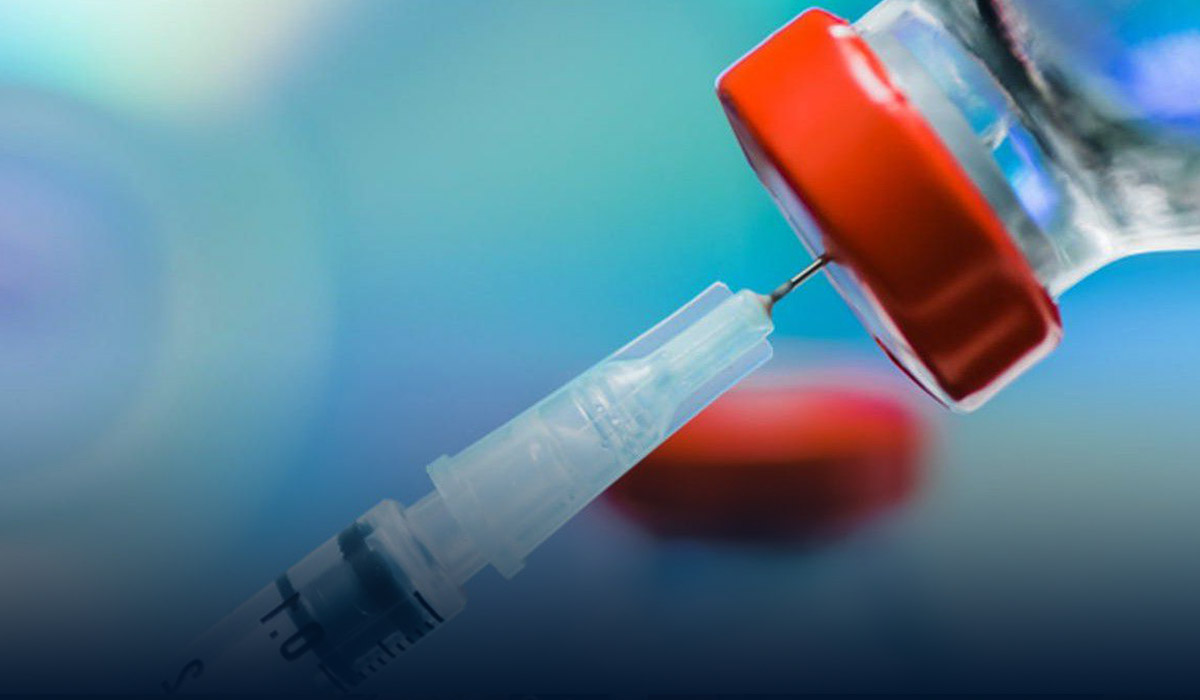
Source: Web
Both Pfizer and Moderna’s vaccines use pieces of genetic material mRNA to prompt the body to form synthetic pieces of the coronavirus and stimulate an immune reaction. The Pfizer vaccine has earned approval for use in the UK, which started vaccinating people this week, while the Moderna is still in final stage trials in multiple countries.
But mRNA is susceptible to degradation at temperature. Moderna’s vaccine has got to be stored at -20 degrees centigrade or at refrigerator temperatures for a month. In contrast, the Pfizer vaccine has to be kept at a very cold temperature of -75˚C.
#UAE: China’s #Sinopharm vaccine has 86% efficacy against COVID-19. Also—it’s inactivated virus vaccine that does not need freezing! Now, UAE has approved the vaccine for general use. pic.twitter.com/be4OtGG04d
— Frontline (@Frontlinestory) December 10, 2020
Sinopharm uses an established approach that has proven effective in other vaccines, like polio and flu. Their COVID-19 vaccines employ an inactivated virus to prompt the body to develop immunity. Its storage refers standard refrigerator temperatures of 2˚C to 8˚C only.
Inactivated Vaccines
The Sinopharm vaccine started injecting an inactivated version of the COVID-19 to prime human immune systems to battle it. Pfizer and Moderna are among the developers depending on novel techniques. In contrast, manufacturers have many years of experience in the technique that the Chinese organization is following.
In any case, those inactivated vaccines can require various booster shots to attain strong immunity against the virus. Theoretically, mRNA vaccines should be much quicker to produce. It requires significantly less of raw material to make a million doses.
More than 68 million individuals are virus-infected till now, and more than 1.5 million died. Developing countries like Indonesia and Pakistan have just signed deals with CNBG. However others probably emerge to test the vaccine’s suitability.
China has two more manufacturers conducting last stage trials worldwide. One is Beijing-based Sinovac Biotech Ltd., investigating data from its Phase-3 preliminary in Brazil and could deliver efficacy data earlier.

